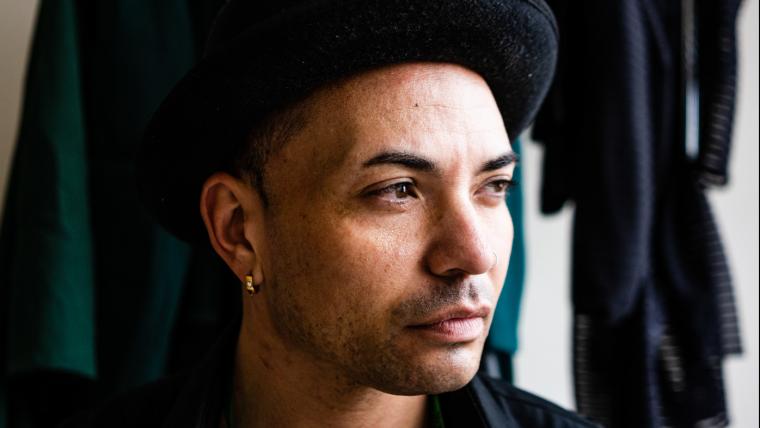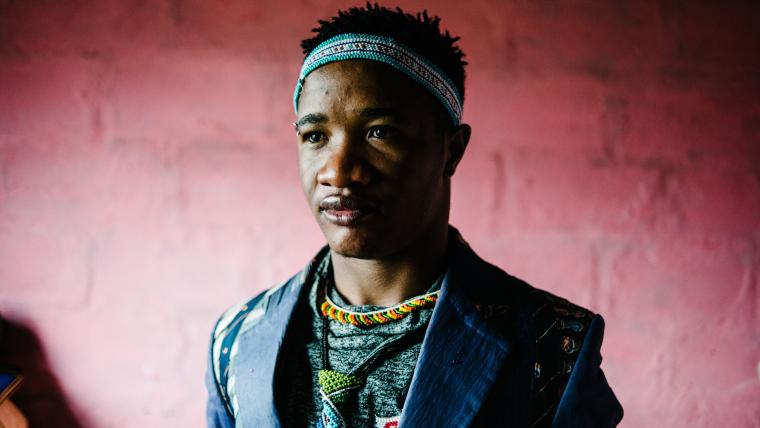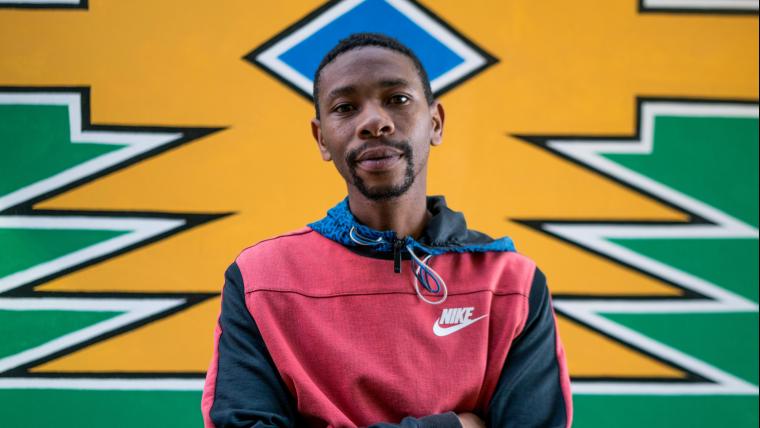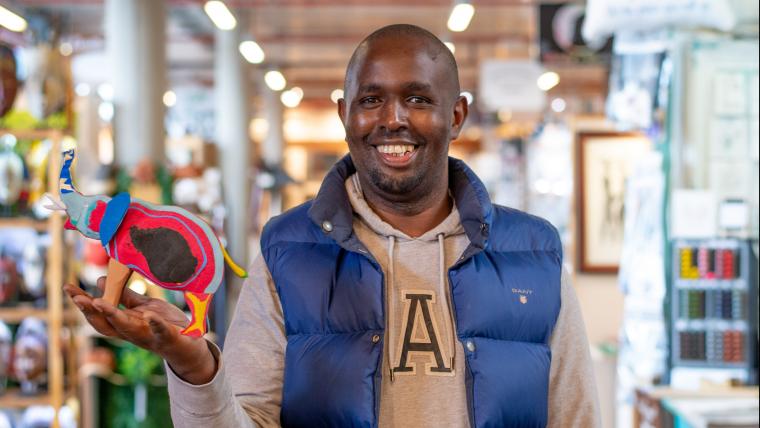
Representation. As simple as a doll that looks like you
“Mommy, please make my hair flowy.” The question startled Khulile Vilakazi-Ofosu. She’d only ever seen her daughter’s afro as beautiful and couldn’t understand why she’d want to change. Until Vilakazi-Ofosu took a closer look at her daughter’s dolls with sleek blonde manes – none of them reflected children of colour.
Vilakazi-Ofosu knew the impact of hair on self-confidence, having worked with Caroline Hlahla to manufacture natural textured hair extensions. Their experience inspired the duo to create the Sibahle Collection – a range of dolls with natural hair. Each aspect of the design, from facial features to clothing, bears resemblance to local cultures and traditional attire. The selection includes dolls with albinism and vitiligo, afros and braids. “There’s a need for every child to see themselves in their toys,” Vilakazi-Ofosu says.
For the entrepreneurs, this is about more than just playing with figures; it’s about encouragement and education. Instructions on washing and conditioning natural hair come part of the toy’s package. This instills a sense of pride in children’s identity. Each doll’s name translates to ‘beauty’ in a variety of languages, from Nobuhle and Bontle to Ndanaka, Zuri, and Neha. Children of colour can now play out their future while learning to be comfortable in their own skin.






























Please sign in to leave a comment